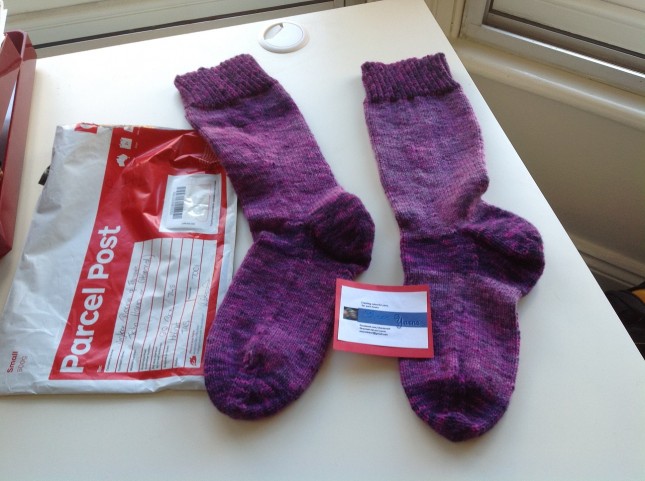Some things stick in your mind
Take the following words of over 1000 pastoral workers which express clearly the call to faith in the midst of poverty.
God shows himself to be the God who gives life, preserves it, rescues it from oppression, and makes it permanent in the risen Christ. We believe in the Lord and therefore we believe in life.1
While we experienced the reality of this setting of the poor and the faith challenge in our missionary orientation in Lima, Peru during 1979, it was no less true in the following years in South America.
Is the challenge to have faith in the God of Life, true for us today in Tasmania?
I sense that today we are confronting a new paganism which is arguably more resistant to Christ than the pre-Christian paganism because it is a paganism coming from indifference and increasing hostility to Christianity.2 Confronted by the Christian poverty of this new paganism, of Tasmanians’ unbelief, can we affirm with our Peruvian brothers and sisters that, ‘We believe in the Lord and therefore we believe in life’? I know we do.
A related question: Can Tasmania turn to God? I hear your affirmation, ‘Of course! God can transform Tasmania.’ And that is true.
How then can this be? Our answer: by the work of the Holy Spirit and the Spirit formed Body of Christ, the Church. Yes, we are part of God’s plan for the conversion of Tasmania to Christ.
We need to continuously re-imagine and clarify our purpose. Why does the church exist? Why does your parish exist? Why do people need Christ? Why do people need the church? Why do people need this particular church denomination? Who are we? What has God called us to be and do? Who is our neighbour? Why don’t they trust us? How can we rebuild trust?
It is only as we consider these questions that we will understand the life that God is calling us to bring to our relationships.
I have pondered these deep questions in the context of priority setting. As agents of the God of Life: What are the challenges facing the Diocese as we seek to bring life? What strategies may be effective in addressing the challenges? What issues demand my priority and how might we tackle these issues?
Acknowledging the primary task of my office to strengthen our Anglican community, I am setting priorities for my ministry which I believe will further enhance the life of the Church and community in Tasmania.
These commitments are set out in my Synod Address 2013, and were affirmed by the Synod.
- A Commitment to Relationship and Community where each Anglican ministry will live the values of Christ and his kingdom in relation to the Tasmania-wide Anglican family and the Tasmanian community. We will live as a community of communities.
- A Commitment to our Leaders to enable, support and sustain the ministry of those called to leadership within the Church.
- A Commitment to Good Governance with alignment of the dreams and responsibilities of our Anglican family in Tasmania. 3
My hope is that these commitments for the years 2013-2016 will set life-giving priorities for the final years of my time as Bishop of Tasmania. Thank you for participating.
What are your commitments as agents of the God of Life?
A Guiding Prayer
Loving and Gracious God of Life, you ever call us to new life in Jesus your Son in whose name we serve.
We acknowledge our need of you. We confess that we have sinned, in our thoughts, our words, and our deeds of commission and omission.Forgive us in Christ’s name.
Give us the gift of your Holy Spirit, to inspire and lead us, that, together, we may offer you worship and praise. In the spirit of Christ’s love and grace, help us to focus on the challenges before us, to listen with humility and care, to ask good questions and to listen, and to encourage one another, even as we may disagree. In Jesus’ name. Amen.
Notes
-
‘Danos hoy nuestro pan de cada dia’ (Give us today our daily bread), Lima, November 1979.
-
Lesslie Newbigin comments on this, ‘Can the West be Converted?’ 1985, Newbigin.net Online Bibliography,p.25ff and p.36.
-
Click here for the link to the Tas Anglican.


